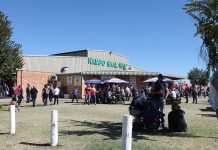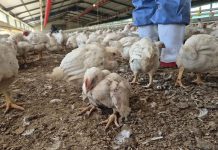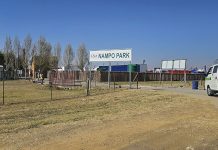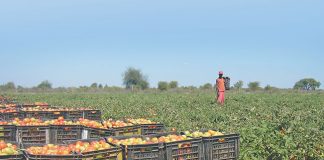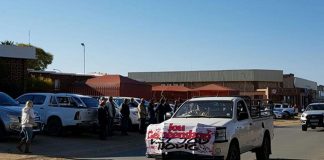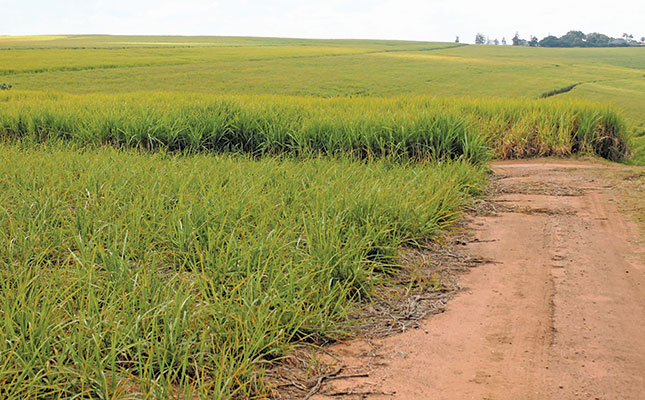
Photo: FW Archive
The South African Cane Growers’ Association (SA Canegrowers) has welcomed the recent announcement of a 12-month delay in the increasing of the Health Promotion Levy (HPL) from 2,21c/g to 2,31c/g of sugar that exceeds 4g/100ml in sugary beverages, but said the tax should rather be “scrapped altogether”.
The increase in the HPL was announced by Minister of Finance Enoch Godongwana during the 2022 budget speech in February.
Speaking to Farmer’s Weekly, Dr Thomas Funke, CEO of SA Canegrowers, said since the HPL, commonly known as the ‘sugar tax’, had been introduced in April 2018, there had been little or no evidence that it was helping reduce obesity among the population as was originally intended.
He said, instead, the HPL only had the effect of scapegoating one industry for a complex, multi-dimensional problem, which was why the association had called for a comprehensive dietary intake study to determine the true causes of obesity in South Africa.
He added that South Africa had to address the socio-economic reality that sugar remained an affordable source of energy for most South Africans.
In addition, he said government needed to do more to educate the public about the role of nutrition in healthy living.
“Simply imposing a penalty on a single industry will not compensate for a fundamental lack of information and public education on health and nutrition.
“SA Canegrowers is ready and willing to work with government and other stakeholders to help craft a holistic approach to the issue of obesity in South Africa. We will continue to reach out to the relevant stakeholders in order to bring this shift about and protect the one million livelihoods that depend on the industry,” Funke said.
Meanwhile, the tax had taken a heavy toll on the industry, costing about 16 000 jobs and R2,05 billion in revenue during its first year of implementation.
Modelling by the Bureau for Food and Agricultural Policy indicated that it would cost the industry a similar number of seasonal and permanent jobs and be a major contributor towards a decline of 46 600ha of sugar cane over the next 10 years if it was kept at the current level.
Funke added that any increase would further exacerbate the challenges the industry already faced as a result of rising inputs costs. Diesel costs had risen 40% since March 2021, while that of fertiliser had increased by more than 160% during the same period, with smallholder farmers being the worst off.
Brad O’Neill, a sugar cane farmer in the KwaZulu-Natal Midlands, confirmed that growers had been under severe pressure because of rising production costs.
He added that any reduction in inputs costs, such as the delay in the sugar tax increase, presented a welcome relief.
He also expressed optimism about the partnership between SA Canegrowers and the Shoprite group that would see the latter prioritising the selling of locally-produced sugar and promoting the association’s Home Sweet Home campaign, which was aimed at encouraging consumers to buy South African sugar products.


